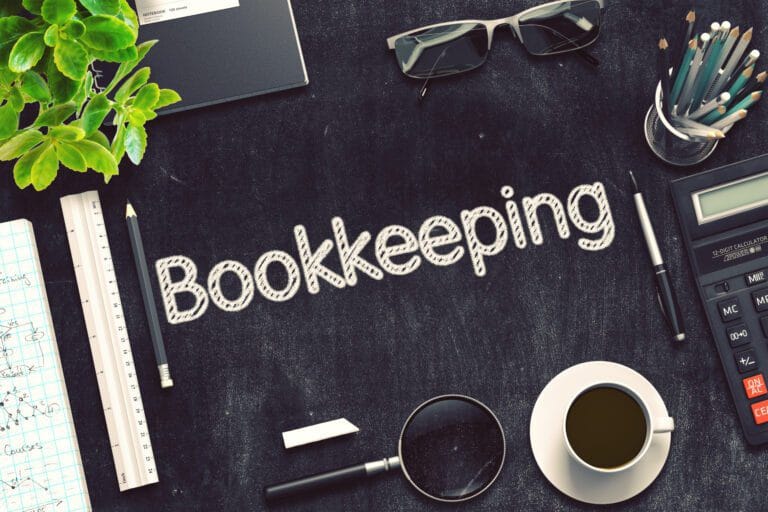The Danish Bookkeeping Act is making strides with its main digital requirements now in motion. As mandated by the 2022 legislation, businesses operating in Denmark must now record and store their accounting records using approved accounting or ERP systems, as well as facilitate structured e-invoices. Notably, 2023 has seen an obligation for major ERP providers to have their solutions certified by the Danish Business Authority to ensure compliance.
Phased Implementation of Reporting Requirements
The rollout of these new reporting mandates will occur in phases, with requirements coming into effect as businesses enter new accounting periods.
1. July 1, 2024: Taxpayers already obliged to report to the Danish Business Authority Erhvervsstyrelsen will need to adhere to the new standards.
2. January 2025: Businesses that do not yet utilize certified accounting systems must ensure they can:
- Maintain digital bookkeeping.
- Issue and receive e-invoices.
- Provide data in SAF-T format upon request from tax authorities.
3. July 2026: All remaining businesses with an annual turnover exceeding DKK 300,000 will be required to comply. In-house developed accounting systems will also need to meet these standards by this date.
Denmark has a history of promoting e-invoicing, having implemented it for business-to-government transactions back in 2005 using the PEPPOL BIS 3.0 specification alongside its own OIOUBL format via the NemHandel portal. An updated version of OIOUBL, version 3, was introduced in November 2024, aligning with the European e-invoicing standards (EN 16931) and adding mandatory invoice message responses.
Understanding the New SAF-T Requirements
As part of these new protocols, businesses will also need to comply with a form of the Danish SAF-T (Standard Audit File for Tax), following the OECD model. However, relevant SAF-T report submissions will only be required on-demand by tax authorities, reflecting an approach similar to the UK’s Making Tax Digital initiative, where the goal is to digitize the entire reporting process and eliminate manual steps. It’s important to note that a turnover threshold has been established: businesses with revenues exceeding DKK 300,000 (approximately €40,300) during the past two calendar years will be subject to these new obligations. Nevertheless, all entities will still need to submit their annual reports to the Danish Business Authority.
EU Review of Digital Reporting Requirements
In addition to Denmark’s developments, the EU is actively evaluating e-invoicing options as part of its broader VAT in the Digital Age reforms introduced in December 2022. These initiatives aim to modernize and streamline VAT compliance across Europe.



